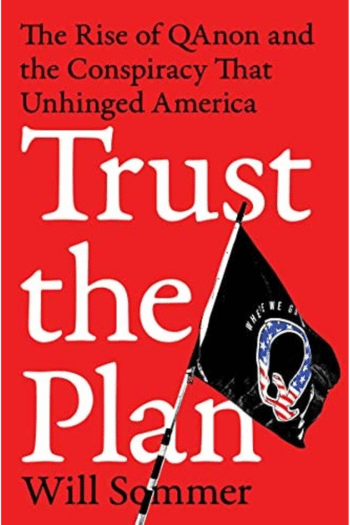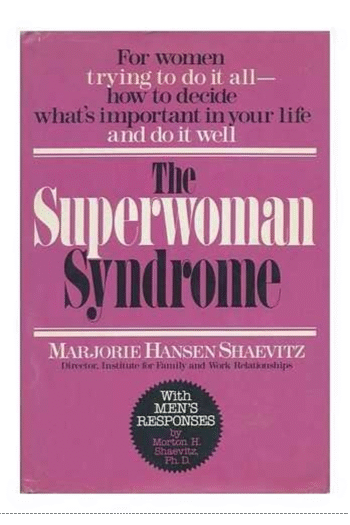Dive into a gripping true crime tale set against the backdrop of the Great Irish Famine with Peter Duffy’s “The Killing of Major Denis Mahon.” This meticulously researched book explores the 1847 assassination of Anglo-Irish landlord Major Denis Mahon, a figure of intense controversy for his handling of his impoverished tenants in County Roscommon. Duffy’s narrative goes beyond a simple whodunit, delving into the complex social, economic, and political factors that fueled the famine and the motives of those who saw Mahon as either a savior or a villain. Through newly uncovered documents, Duffy paints a vivid portrait of famine-era Ireland and sheds light on a dark and often misunderstood chapter of history. This is a captivating read for those interested in Irish history, true crime, and the enduring legacy of famine and political turmoil. Discover the truth behind a murder that shook Victorian society and continues to resonate today.
The Killing of Major Denis Mahon: A Mystery of Old Ireland
19,82 $
In stock
The Killing of Major Denis Mahon is the riveting true story of a controversial murder that casts new light on the Great Irish Famine. At the height of the famine now considered the greatest social disaster to strike nineteenth-century Europe, Anglo-Irish landlord Major Denis Mahon from County Roscommon was assassinated as he drove his carriage through his property, which was filled with thousands of starving tenants. Mahon had removed 3,000 of his 12,000 tenants by offering some passage to America aboard disease-ridden “coffin ships,” giving others a pound or two to leave peaceably, and sending the sheriff to evict the rest. His murder sparked a sensation and drove many of the world’s most powerful leaders, from the queen of England to the pope, to debate its meaning.
Award-winning journalist Peter Duffy tells, for the first time, the story of the assassination and its connection to the cataclysm that would forever change Ireland and America. With full access to historical records, including Mahon’s private papers, government documents, and extensive court and police files, Duffy tries to uncover the truth about Mahon’s murder and the role he didor did notplay in the sufferings of his tenants, while also shedding new light on the horrific struggles of the starving and impoverished Irish.
Gripping, revealing, and heartbreaking, The Killing of Major Denis Mahon is the incredible investigation of the great, unsatisfactorily solved crime of Irish history, and a fresh examination of the horrors of the Great Famine.
| Authors | |
|---|---|
| Binding | |
| Condition | |
| ISBN-10 | 0060840501 |
| ISBN-13 | 9780060840501 |
| Language | |
| Pages | 384 |
| Publisher | |
| Year published | |
| Weight | 658 |
| Edition | 1 |
Related products
The Superwoman Syndrome
15,78 $Cognition on Cognition
33,51 $
- Additional information
- Currencies
- USD – United States dollar
- EUR – Euro
- GBP – Pound sterling
- CNY – Chinese yuan
- BRL – Brazilian real
- MXN – Mexican peso
- JPY – Japanese yen
- PHP – Philippine peso
- THB – Thai baht
- PLN – Polish złoty
- CAD – Canadian dollar
- MYR – Malaysian ringgit
- AUD – Australian dollar
- TWD – New Taiwan dollar
- CZK – Czech koruna
- SEK – Swedish krona
- HUF – Hungarian forint
- ILS – Israeli new shekel
- CHF – Swiss franc
- HKD – Hong Kong dollar
- DKK – Danish krone
- SGD – Singapore dollar
- NOK – Norwegian krone
- NZD – New Zealand dollar





